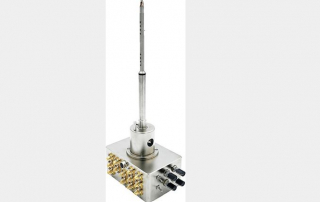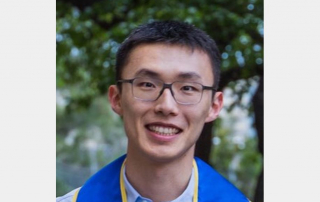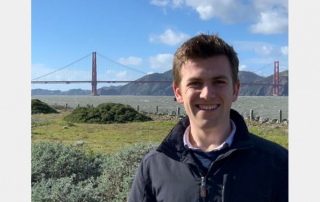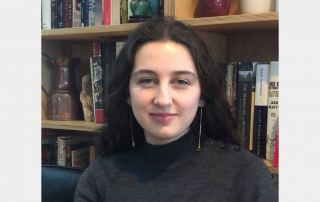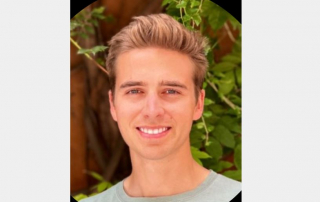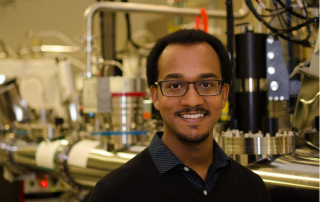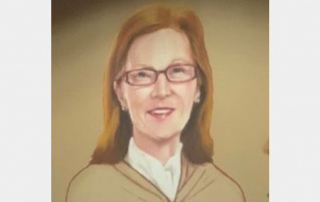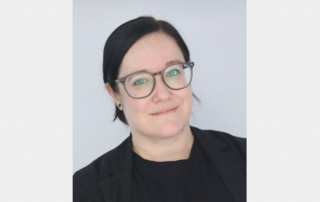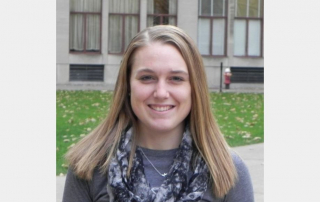Congrats to Chris Regan and William Hubbard for Receiving the 2023 Microscopy Today Innovation Award
Congratulations to Prof. Chris Regan and Dr. William Hubbard for receiving the 2023 Microscopy Today Innovation Award for Low Noise, Two Channel STEM EBIC System.
NEI’s STEM EBIC system enables straightforward imaging of electronic and thermal features that are otherwise difficult, if not impossible, to visualize in the TEM. Electron beam-induced current (EBIC) is a measure of the current generated in a sample as it is raster-scanned by a focused electron beam. Associating the measured EBIC with the beam position produces an EBIC image. First implemented in the 1960s, EBIC imaging is usually performed in a scanning electron microscope (SEM) to map electric fields in microelectronic devices. For instance, the built-in electric field of a p-n junction separates electron-hole pairs generated by the beam, producing a strong EBIC signal. Recently, thousand-fold improvements in current measurement sensitivity have led to practical EBIC imaging in scanning transmission electron microscopes (STEMs). This improved sensitivity reveals previously undetectable EBICs. In particular, the EBIC generated by secondary electron emission (SEEBIC) can now be routinely visualized.
Standard TEM-based techniques excel at determining the physical structure of a sample—the atomic locations and elemental identities—but they struggle to distinguish a metal from an insulator, or a warm interconnect from a cold one. In microelectronic devices, such electronic and thermal structure is generally of greater interest than the physical structure. STEM SEEBIC-based imaging of micro- and nano-electronic devices reveals these signals at high resolution. It can, for instance, quantitatively map conductivity, electric field, temperature, SE yield, active dopant concentration, and work function.
NEI’s STEM EBIC system is a turn-key solution for measuring extremely small EBICs. Low-noise STEM EBIC images of sub-pA signals, including SEEBIC, can be acquired in under two minutes. Extrinsic noise (for example, line noise) is nearly undetectable, so image filtering and post-processing are not necessary. The system—featuring a sample holder, custom substrates, and electronics optimized for EBIC in the TEM—is equipped with two independent EBIC amplifier channels for acquiring EBIC from different electrodes simultaneously. Two-channel EBIC can definitively separate SEEBIC from standard EBIC in situations where both are present, which greatly facilitates analysis and interpretation. NEI’s STEM EBIC system is designed to work with other in situ techniques, including heating and biasing on either custom-fabricated test devices or FIB-extracted cross-sectional samples.
